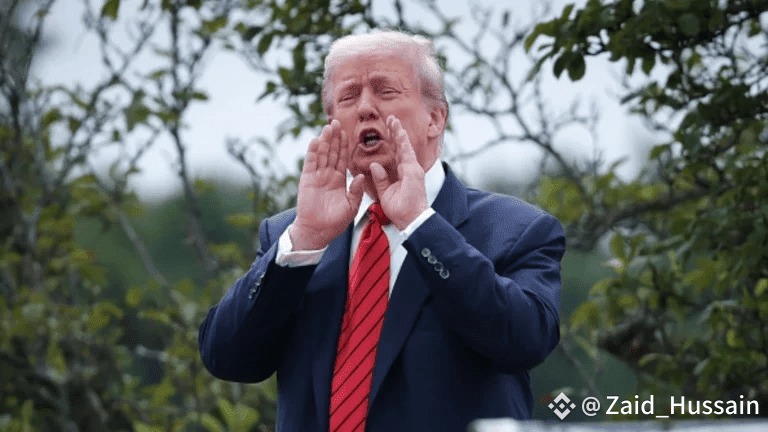On Thursday, Aug. 7, Donald Trump signed an Executive Order to allow 401(k) investors to access alternative assets, including private equity, real estate, and crypto.
The move reflects a shift away from long-standing restrictions that limited most pension schemes to traditional securities, such as stocks and bonds.

Crypto in 401(k) Plans
While 401(k) accounts were never explicitly barred from investing in crypto, in 2022, the Department of Labor (DOL) issued a warning that fiduciaries must “exercise extreme care before they consider adding a cryptocurrency option” to their investment menu.
The DOL release pointed to the position of the Securities and Exchange Commission at the time, which was that the price volatility of digital assets made them inappropriate as a mainstream, institutional investment asset.
“Extreme volatility can have a devastating impact on participants, especially those approaching retirement and those with substantial allocations to cryptocurrency,” the release stated.
Despite the DOL’s advice, some plan providers do offer crypto options. For example, Fidelity’s Digital Assets Account lets employers add Bitcoin as a core menu option.
But with the government generally advising against the inclusion of crypto in 401(k) plans, few companies have pursued the option. The few that have are mostly crypto-oriented firms like MicroStrategy.
Embracing Alternative Assets
After years of the DOL promoting vanilla stocks and bonds pension schemes, Trump’s Executive Order instructs the Secretary of Labor to “re-examine” the DOL’s fiduciary guidance for alternative assets in 401(k) accounts.
The motivation for the change is rooted in the higher returns many alternative assets have delivered in recent years, which have prompted less restricted investors to diversify away from traditional securities.
“My Administration will relieve the regulatory burdens and litigation risk that impede American workers’ retirement accounts from achieving the competitive returns and asset diversification necessary to secure a dignified, comfortable retirement,” the Order states.
The Order defines six alternative investment classes that many 401(k) plans have previously steered clear of.
These include private market investments; direct and indirect exposure to real estate, commodities, and infrastructure financing; lifetime income investment strategies; and “holdings in actively managed investment vehicles that are investing in digital assets.”
A Boost for Bitcoin ETFs
The phrasing of Trump’s Executive Order makes it clear that 401(k) providers are expected to direct capital toward vehicles such as exchange-traded funds (ETFs) rather than holding crypto directly.
In the public sector, Bitcoin ETFs have already been embraced by some large pension funds, including those managed by the State of Wisconsin and Jersey City. With the government now loosening 401(k) restrictions, private sector pension accounts could fuel the next wave of adoption.
